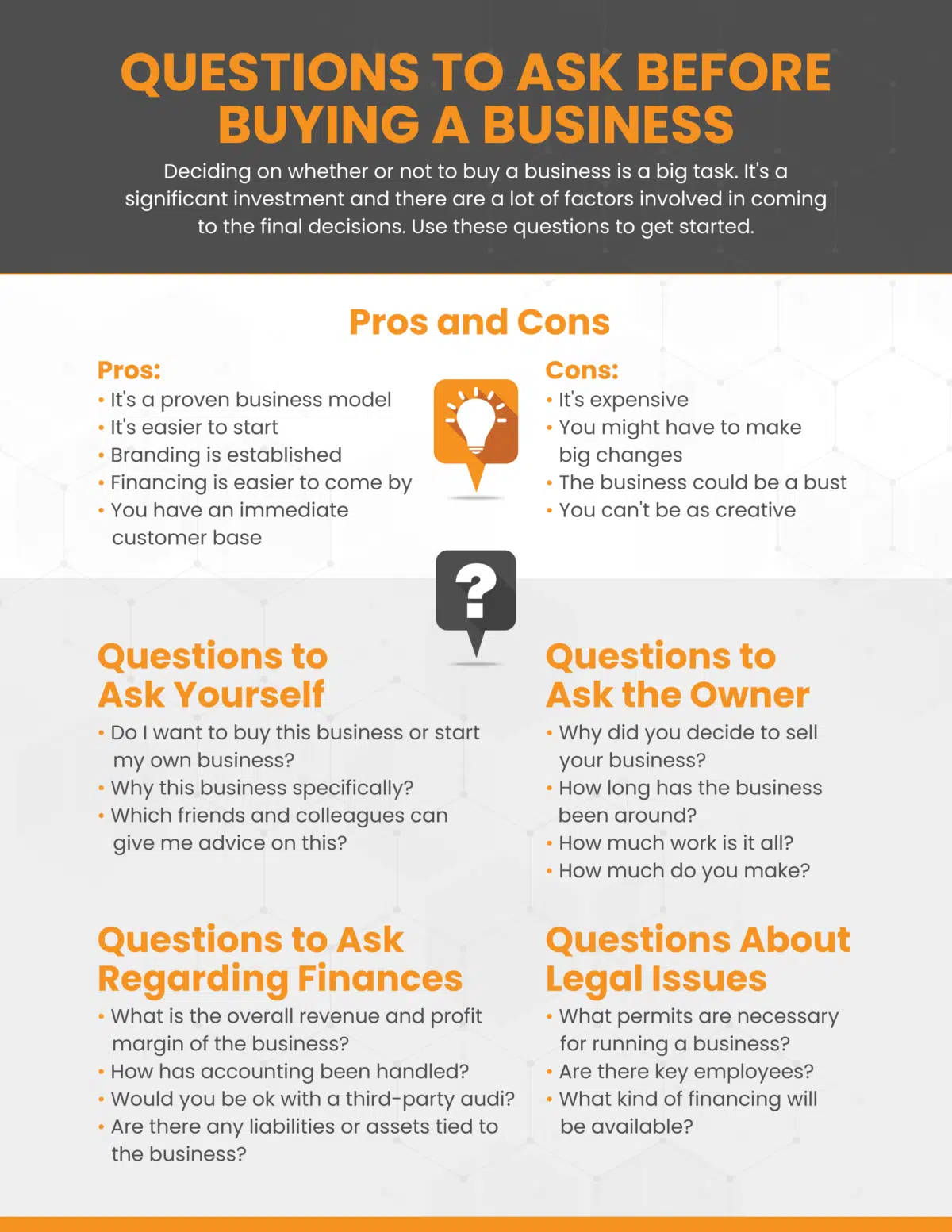Financial Questions To Ask An Entrepreneur

The entrepreneurial landscape, brimming with innovation and ambition, is also fraught with financial complexities. Many ventures, despite possessing brilliant ideas, stumble due to inadequate financial planning and management. Asking the right financial questions early on can be the difference between thriving and failing.
This article delves into the essential financial inquiries every entrepreneur should confront, guiding them toward building a sustainable and profitable business. It addresses questions related to funding, profitability, cash flow, and long-term financial stability, drawing on insights from industry experts and established financial principles.
Securing Initial Funding & Capital Allocation
How much capital do you realistically need to launch and sustain your business until it becomes profitable? This is arguably the most crucial question.
Underestimating your funding needs is a common mistake that can cripple a startup. Consider all expenses, including marketing, operations, salaries, and unexpected contingencies.
What funding sources are you pursuing, and what are the terms? Explore options like bootstrapping, venture capital, angel investors, loans, and grants, carefully evaluating their associated risks and benefits.
Delving into Revenue Models & Profitability
What is your primary revenue model, and how scalable is it? Understanding how you generate revenue is essential, but equally important is assessing its potential for growth.
What are your projected gross profit margins and net profit margins? These figures provide a clear picture of your business's profitability after accounting for the cost of goods sold and all operating expenses.
What are your key performance indicators (KPIs) for revenue and profitability? Identify the metrics that will drive your financial success and track them diligently.
Managing Cash Flow & Working Capital
What is your projected cash flow for the next 12-24 months? Cash flow is the lifeblood of any business, and consistent monitoring is crucial.
How will you manage your working capital – the difference between your current assets and current liabilities? Efficient working capital management ensures you have enough funds to meet short-term obligations.
What credit terms will you offer to customers, and what payment terms will you negotiate with suppliers? Balancing these terms is vital for maintaining healthy cash flow.
Understanding Financial Statements & Metrics
Are you comfortable reading and interpreting financial statements – income statements, balance sheets, and cash flow statements? These documents provide invaluable insights into your business's financial health.
What financial ratios will you track to monitor your business's performance? Ratios like debt-to-equity, current ratio, and return on equity can highlight potential risks and opportunities.
Do you have a system in place for tracking expenses and revenue accurately? Implement robust accounting practices from the outset to avoid financial mismanagement.
Planning for Long-Term Financial Sustainability
What are your long-term financial goals for the business, and how will you achieve them? Establishing clear goals provides a roadmap for financial success.
How will you reinvest profits back into the business to fuel growth? Strategic reinvestment is essential for long-term sustainability.
What is your exit strategy, and how will your financial decisions impact it? Even in the early stages, it's beneficial to consider your eventual exit and make financial choices accordingly.
Entrepreneurs should also be prepared to discuss their financial forecasts and assumptions with potential investors and lenders. A well-thought-out financial plan demonstrates credibility and increases the likelihood of securing funding. Honesty and transparency are paramount in these discussions.
Furthermore, engaging with a financial advisor or accountant can provide invaluable guidance and support. These professionals can help entrepreneurs navigate complex financial issues, develop sound financial strategies, and ensure compliance with all relevant regulations.
The financial questions entrepreneurs ask themselves are not merely academic exercises; they are the foundation upon which successful businesses are built. By proactively addressing these inquiries, entrepreneurs can significantly increase their chances of thriving in a competitive marketplace. Looking ahead, the ability to leverage data analytics for financial forecasting and decision-making will become increasingly crucial for entrepreneurial success. Businesses that embrace these tools will be better equipped to navigate financial uncertainties and achieve their long-term goals.

















